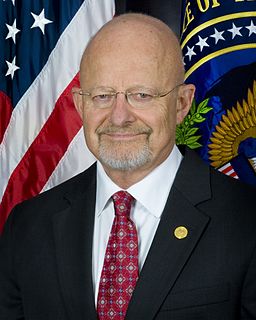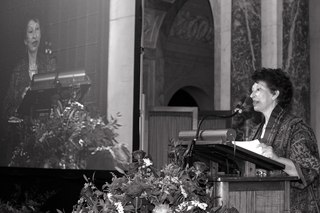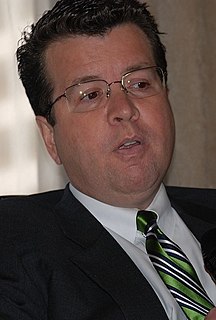A Quote by Salman Rushdie
The Muslim population in India is, largely speaking, not radicalised. From the beginning, they were always very secular-minded.
Related Quotes
It all started in India in the late 60s when I began helping my husband George, who was in the population field, evaluate the introduction of the intrauterine contraceptive device. At that time the IUD was considered to be the panacea for India's population problem. George's dissertation was focused on population and he became interested in the question of this new technology and how people were responding to it.
India was secular even when Muslims hadn't come here and Christians hadn't set foot on this soil. It is not as if India became secular after they came. They came with their own modes of worship, and they, too, were given a place of honor and respect. They had the freedom to worship God as per their wish and inclination.
How did the Turks become Muslim? They became Muslim through the Sufis. The Arabs never conquered the Turks. There were people in early Islam who were speaking like Hallaj, who spoke about the Truth, about reaching the Truth, about being one with the Truth, and not only they were not killed, but they were great heroes of their own culture, and there is a university in Turkey named after one [Sufi Saint.]
The colonial experience all Muslim countrieswent through may be a factor in the fight against Western domination, British, French or whatever. They were until recently largely rural societies with land owning governing elites in most of them. I think they are certainly moving toward urbanization and much more pluralistic political systems. In almost every Muslim country, that is occurring. Obviously they are increasing their involvement with non-Muslim societies. One peak aspect of this, of course, is the migration of Muslims into Europe.





































